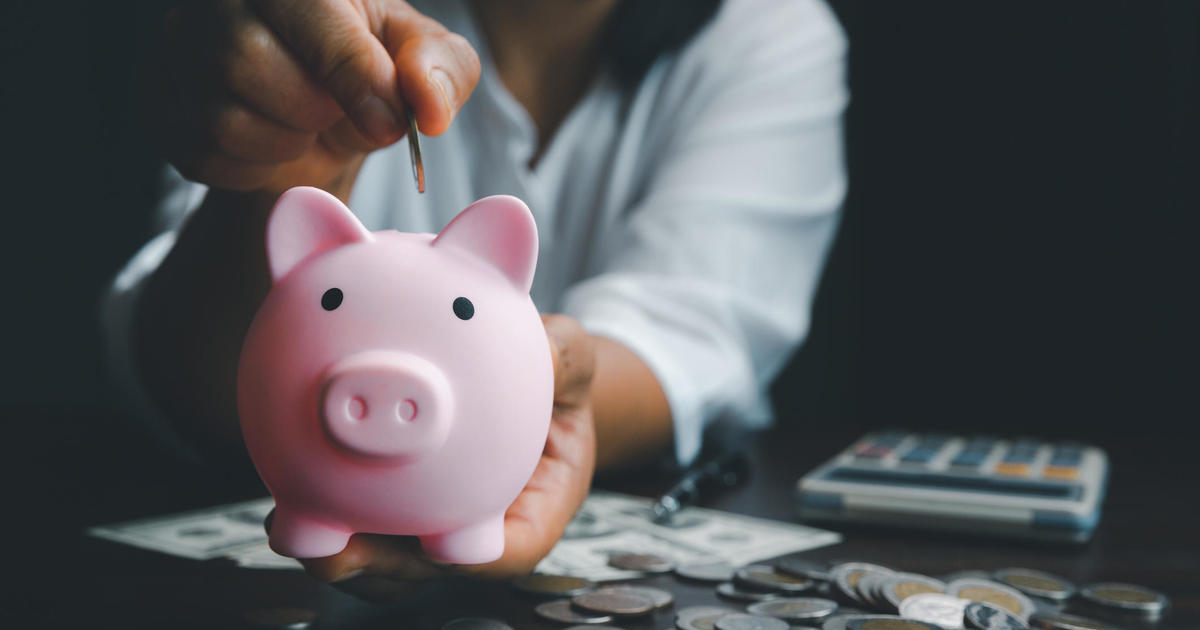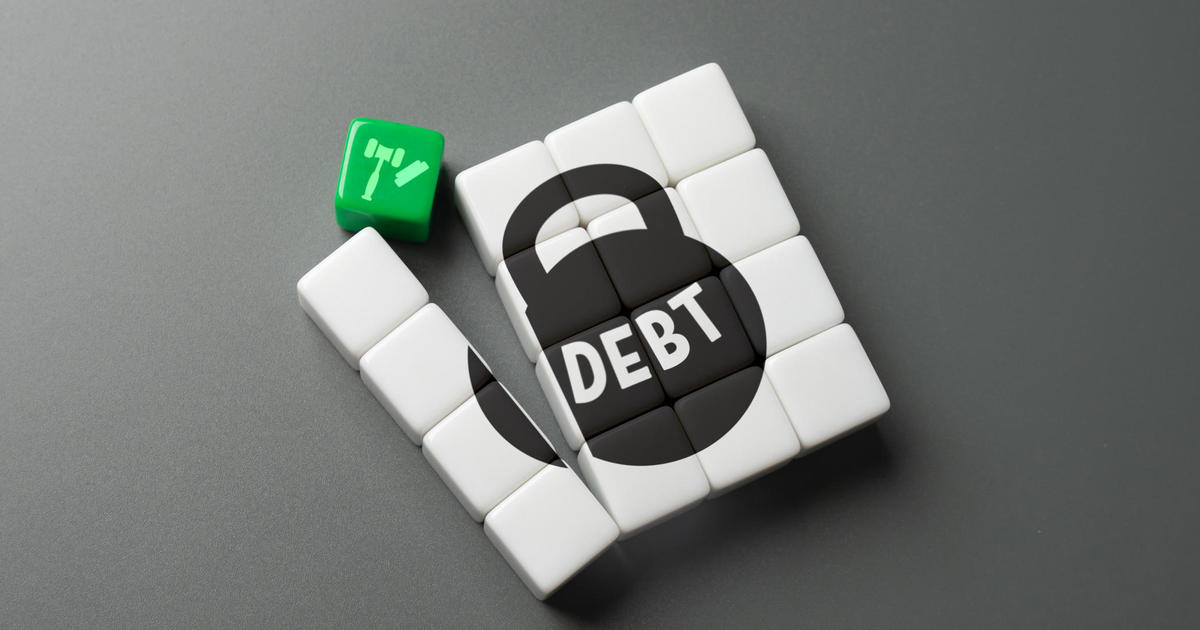The hit to your pocketbook from higher gasoline prices: $2,000 a year
American consumers are already struggling with the highest inflation in four decades — a phenomenon that is eating into buying power and eroding wages. But more economic pain may be in store, with one analyst estimating that the recent surge in gas prices following Russia's invasion of Ukraine could add up to $2,000 in annual costs to the typical household budget.
The average cost for a gallon of regular gasoline has surpassed $4 per gallon for the first time since 2008. Many consumers have seen prices at the gas pump rise swiftly, with the price of regular gas jumping 41 cents during the first full week of Russia's war in Ukraine, according to AAA.
That will likely cost the typical household an additional $2,000 per year in gasoline costs, according to Yardeni Research in a Monday research note. That comes on top of about $1,000 in extra costs at the grocery store due to inflation, which means the typical household will have $3,000 less this year to spend on other items, Yardeni said.
Consumers are fretting about the impact on their budgets — with some already planning to cut back on driving, and watching their spending. That could pose a threat to the pandemic's economic rebound, given that personal consumption contributes about 70% of gross domestic product, according to the Federal Bank of St. Louis.
When local gas prices recently jumped to about $4.25 per gallon, writer Andrew Liptak of Barre, Vermont, said he emailed his boss to ask if he could work from home because his roughly 34-mile round trip to the office — which covers hilly terrain and thus consumes more gas — suddenly become a lot pricier.
"In the meantime, I might as well try to not drive as much as I can," Liptak, 36, said. "I've been thinking that will include not going terribly far to see stuff," such as movies. Liptak also plans on bunching errands together so that he'll make one trip with his car instead of multiple excursions.
But what he's mostly worried about is the cost of home-heating fuel. "The last time it cost $500 for a full tank," he noted. "I suspect it'll be much more this time around."
On social media, consumers expressed worries about the additional expense for their commutes, with one commenter noting that they live paycheck to paycheck and budget "down to the nickel." They added, "This week I'm short. There are real life repercussions being paid by people like me and no one talks about us."
Meanwhile, some taxi drivers are asking for fuel surcharges or other forms of relief as they cope with higher gas prices, with a Canadian taxi driver association asking to impose a fuel surcharge for taxi trips, according to the Vancouver Sun. In response to a request about whether Uber may raise rates due to fuel costs, the company said it started a service last year that gives drivers discounts of up to 25 cents a gallon at some stations.
"[W]e'll continue to monitor gas prices and listen to drivers over the coming weeks," an Uber spokesperson said in an email to CBS MoneyWatch.
Consumer pain
Inflation is causing financial distress for some consumers, according to a new survey from credit card company Capital One. It found that one in four Americans were unable to pay at least one bill in the last month, while 62% said they've cut back in spending in some way.
Overall, Americans' sense of financial health is almost as low as it was at the start of the pandemic, said Melissa Bearden, Capital One's head of consumer intelligence, about the new research.
"Americans at all income levels are feeling the impact of inflation, and most people are already making adjustments — they are spending more on staples," like groceries and gas, Bearden said. "The thing that lands home for me is how much strain the American public is already experiencing, and how much they are preparing for continuing strain."
About half of lower- and middle-income earners — which Capital One defines respectively as people who earn less than $25,000 in household income and those earning between $25,000 to $100,000 — say they have recently cut back on discretionary spending on shopping, dining out and entertainment, the research found.
Inflation could inch higher due to the pressures from the Russian invasion of Ukraine, which include higher gas prices as well as potentially higher prices for grains and fertilizer, which will boost food prices, David Kelly, chief global strategist at JPMorgan Funds, said in a Monday research note.
"This could well boost CPI inflation to 8.0% year-over-year in March," he noted.
That compared with an already high inflation rate of 7.5% in January, the most recent data available. The government will release the next inflation report on March 10, which will track the rise in consumer prices in February.
Higher prices could trickle through household budgets, Yardeni Research predicted: "The surge in commodity prices resulting from the war is likely to depress consumers' spending now that they have to spend much more on gasoline and food."



